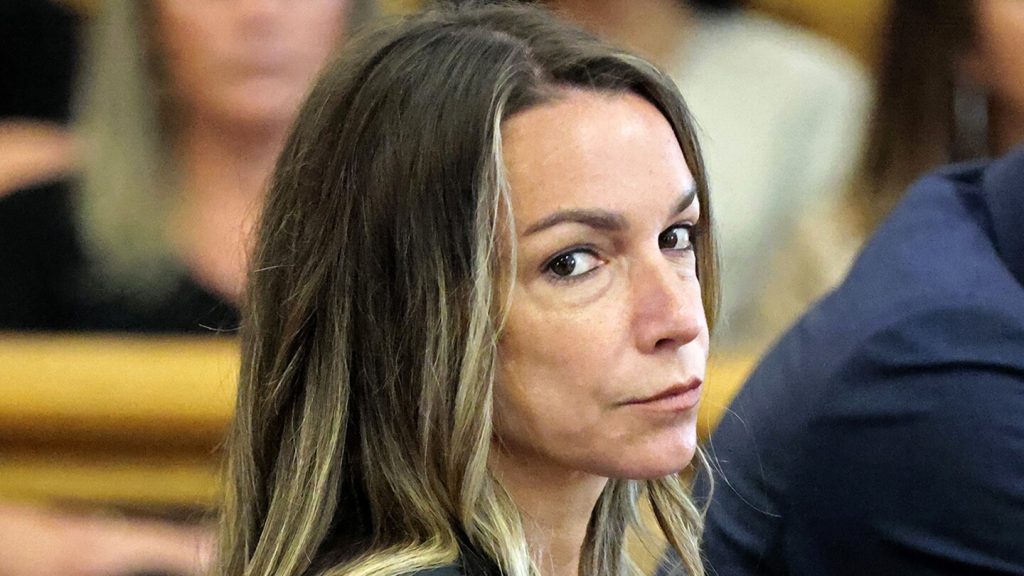A judge ruled that Karen Read can be retried for murder and leaving the crime scene in the death of her Boston police officer boyfriend, John O’Keefe. Despite arguments from the defense that jurors had unanimously agreed she wasn’t guilty on the two charges, the judge’s decision paves the way for a new trial set to begin on January 27. Read, a former adjunct professor, is accused of hitting O’Keefe with her SUV and leaving him for dead in a snowstorm in January 2022. The prosecution contends that both had been drinking heavily before the incident occurred.
The defense, on the other hand, portrayed Read as the victim in the case and claimed that O’Keefe was actually killed inside the home of another Boston officer, Brian Albert, before being dragged outside. They argued that investigators focused on Read because it was more convenient for them to consider her as a suspect rather than law enforcement officers. After the mistrial, Read’s lawyers presented evidence that four jurors had indicated they were deadlocked only on a third count of manslaughter, while they had unanimously agreed that Read was innocent of second-degree murder and leaving the scene of a deadly accident.
The defense also raised concerns about the judge’s handling of the mistrial, claiming that the judge abruptly announced it without first confirming each juror’s conclusions on each count. Read’s attorney had requested additional questions for the jurors, but the judge dismissed the request, stating that the jurors did not announce a verdict during their deliberations. The prosecution had urged the judge to dismiss the post-trial claims as unsubstantiated and sensational, arguing that the defense had the opportunity to object to the mistrial declaration.
Michael Coyne, dean of the Massachusetts School of Law, commented on the unusual circumstances surrounding the case, noting that it is rare for jurors to claim they had reached a verdict after a mistrial had been declared. He highlighted the importance of jurors being clear about their decisions on each count, as failing to do so could lead to misunderstandings and complications in the legal process. Despite the conflicting claims from both sides, the judge’s ruling allows for a retrial of Read without violating the principle of double jeopardy.
The case has garnered attention due to the complexity of the circumstances and the conflicting statements from jurors following the mistrial. As the legal proceedings continue, both the prosecution and defense will have the opportunity to present their arguments in court once again during the upcoming trial. The outcome of the retrial will ultimately determine the fate of Karen Read, who remains at the center of a case that has raised questions about the handling of evidence and the conduct of the legal system in pursuing justice for the death of John O’Keefe.


